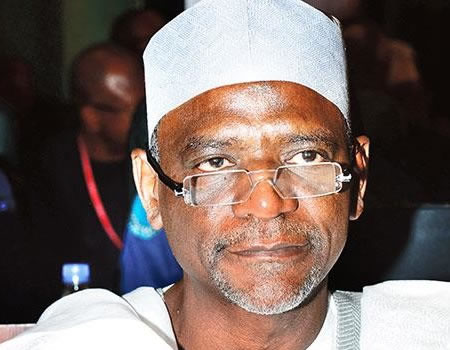The Federal Government has disclosed that no fewer than 100,000 teachers of primary and secondary schools across the country have benefited from its training and retraining programmes in the last three years.
Minister of Education, Malam Adamu Adamu, in his ministerial strategic plan for the education sector listed teacher education as one key focus of the current administration of President Muhammadu Buhari.
A document obtained from the Federal Ministry Education on the implementation status of the ministerial strategic plan entitled ‘Education for Change’ indicated that government also strengthened mechanism for monitoring the implementation of teacher education reforms.
It further explained that the capacity building workshops for the over 100,000 teachers of both basic and post-basic schools were conducted nationwide through the support of Sustainable Development Goals (SDGs).
How I missed flying in Pius Adesanmi’s ill-fated plane ― Prof Dasylva
The training focused on basic classroom management, Information and Communication Technology, basic teaching methodologies and language communication skills, digital literacy, special educational needs and disabilities, HIV/AIDS awareness and strengthening of the teaching of mathematics and science education.
It was also gathered that the Federal Government collaborated with state governments in conducting capacity building workshops and orientation for teachers to further introduce them to modern methods of instructions.
Meanwhile, the minister, while briefing journalists on some activities of the ministry recently in Abuja, said special attention was also given to the colleges of education across the country.
Adamu noted that new colleges were established in addition to strengthening of the quality assurance mechanisms so as to ensure that the products of the system meet the desire and aspirations of the government.
He said: “When this administration came into office in 2015, we inherited a total of 147 Nigeria Certificate in Education (NCE)-awarding institutions with a combined carrying capacity of 385,240.
“In the last four years, we have granted approval to 27 new NCE-awarding institutions across the six geopolitical zones, with a combined carrying capacity of 60,200.
“I am glad to report that we have increased the total number of NCE-awarding institutions from 147 to 174, while also increasing the carrying capacity from 385,240 to 445,440 spaces during the period under review.”






